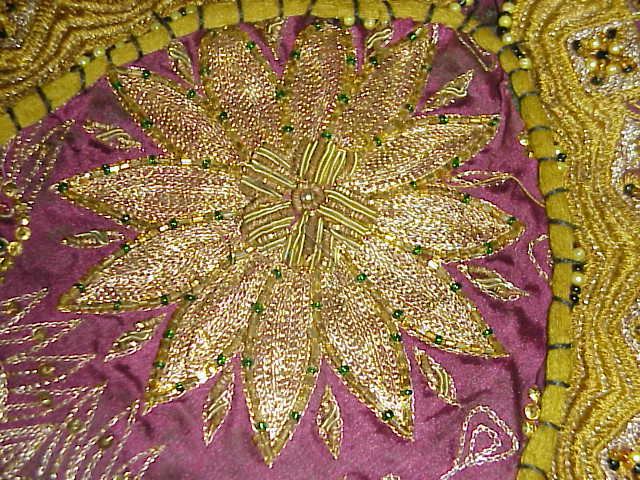===
0106,
11
===

=== |
 |
bhaarii : 'Heavy, weighty, ponderous, massive, unwieldy; large, big, bulky; ... difficult, hard, laborious, burdensome, troublesome, grievous, oppressive, unsupportable, insufferable, distressing'. (Platts p.178)
FWP:
SETS == EXCLAMATION; NEIGHBORS
MOTIFS
NAMES
TERMS == WORDPLAYThe wonderfully idiomatic exclamatory force of the first line is impossible to capture in translation. (Another way to do it might be 'As if anybody is even friends with her!' or 'Does she even have any friends?!'). It may technically be a statement, but it really has the force of an emphatically negative rhetorical question. Some of this exclamatory energy can then be carried over to the second line, since the insha'iyah rhetorical-question reading (shown in the translation), with its strong indignant, sarcastic flavor, is so much more enjoyable than the flat statement that the line technically is.
The word- and meaning-play of bhaarii is also a treat. Why might Mir have attached his heart to a stone? Perhaps because the heart itself was 'heavy, weighty', so that it had a natural affinity with a stone. Or perhaps because it was 'burdensome, oppressive', so that he wanted to get rid of it (perhaps the way he might have tied it to a stone and sunk it in the sea). And of course the beloved is doubly stone: she notoriously has a heart of stone; and in addition, in the ghazal world idols are considered to be made of stone.